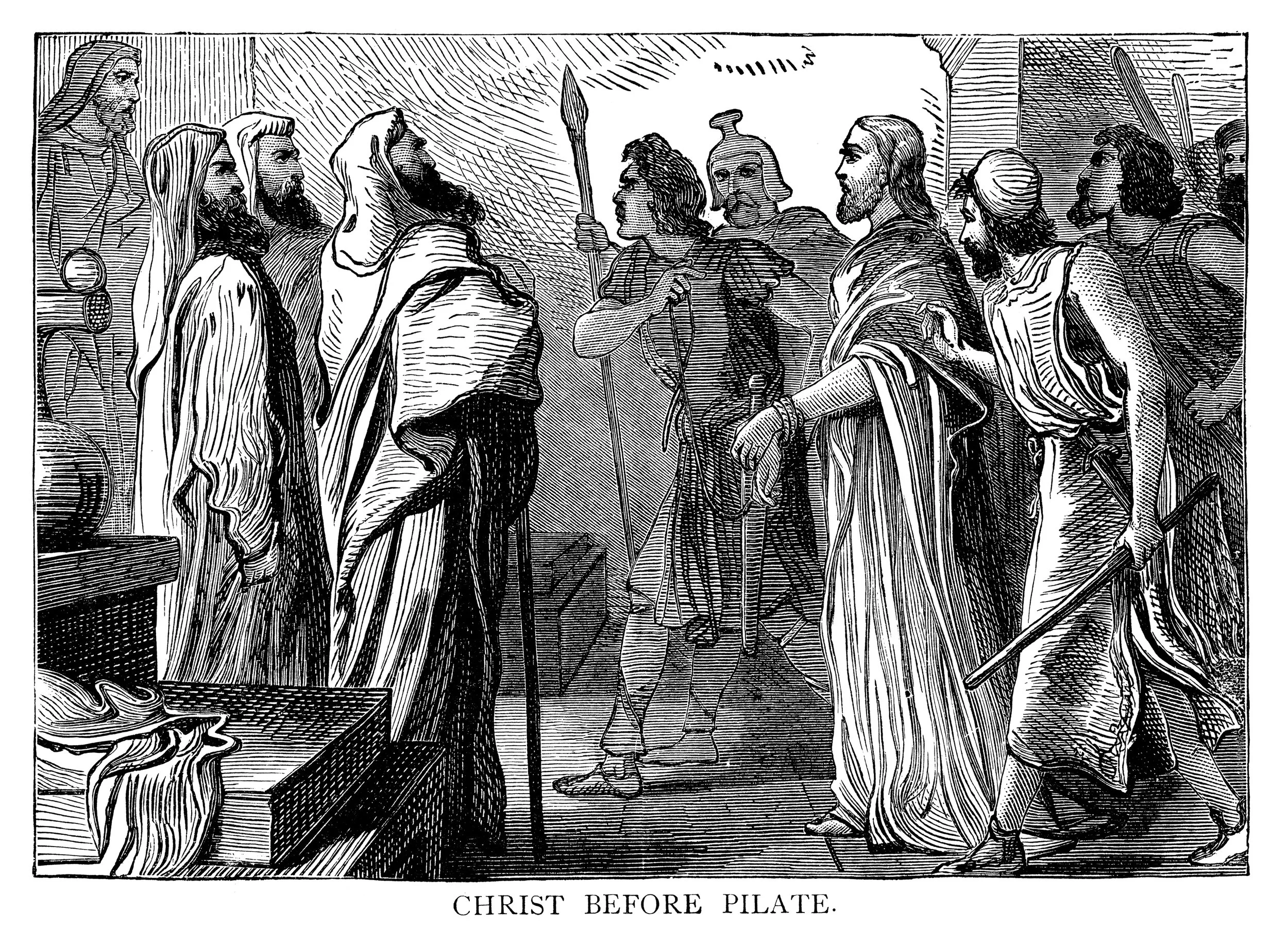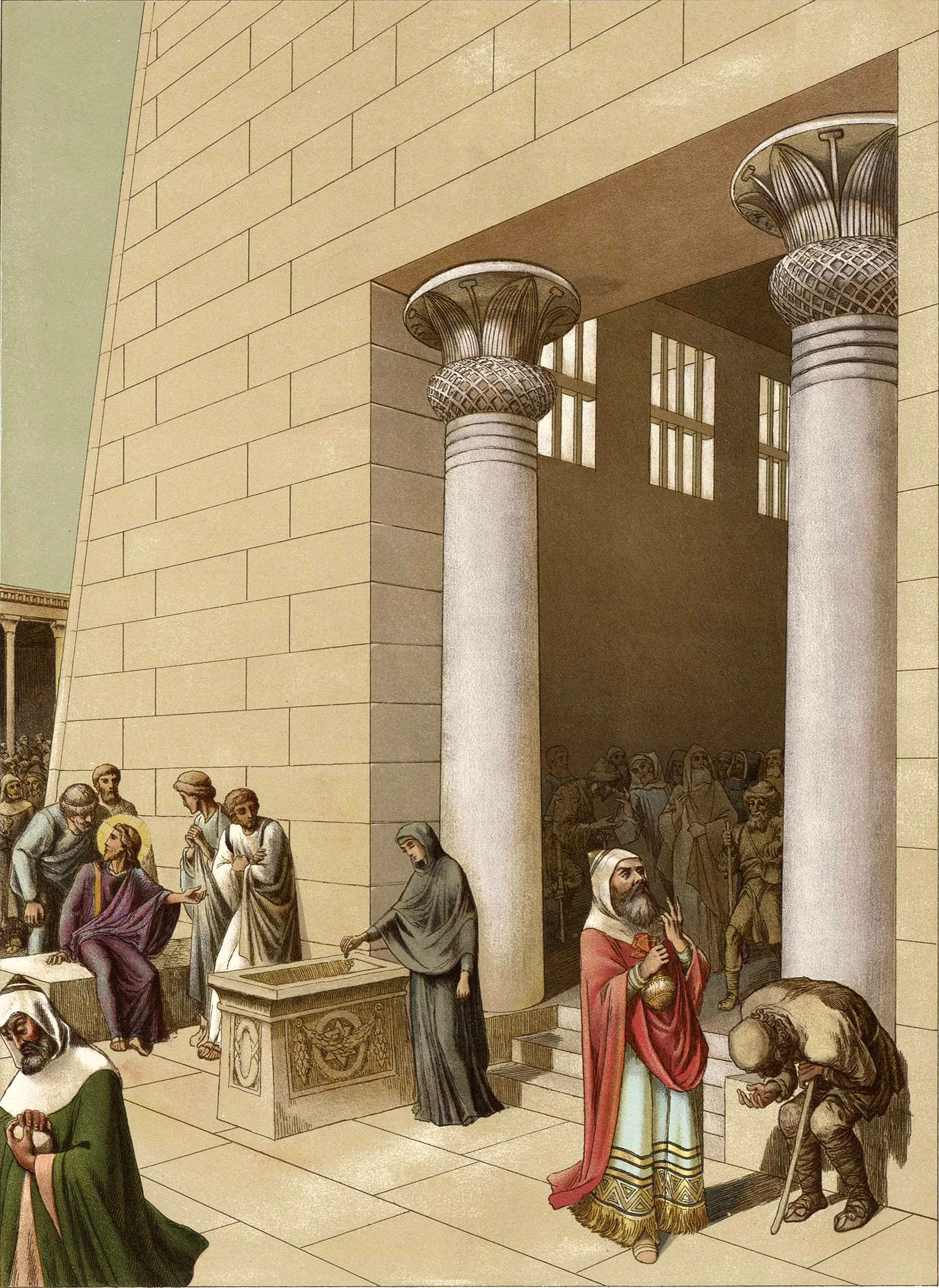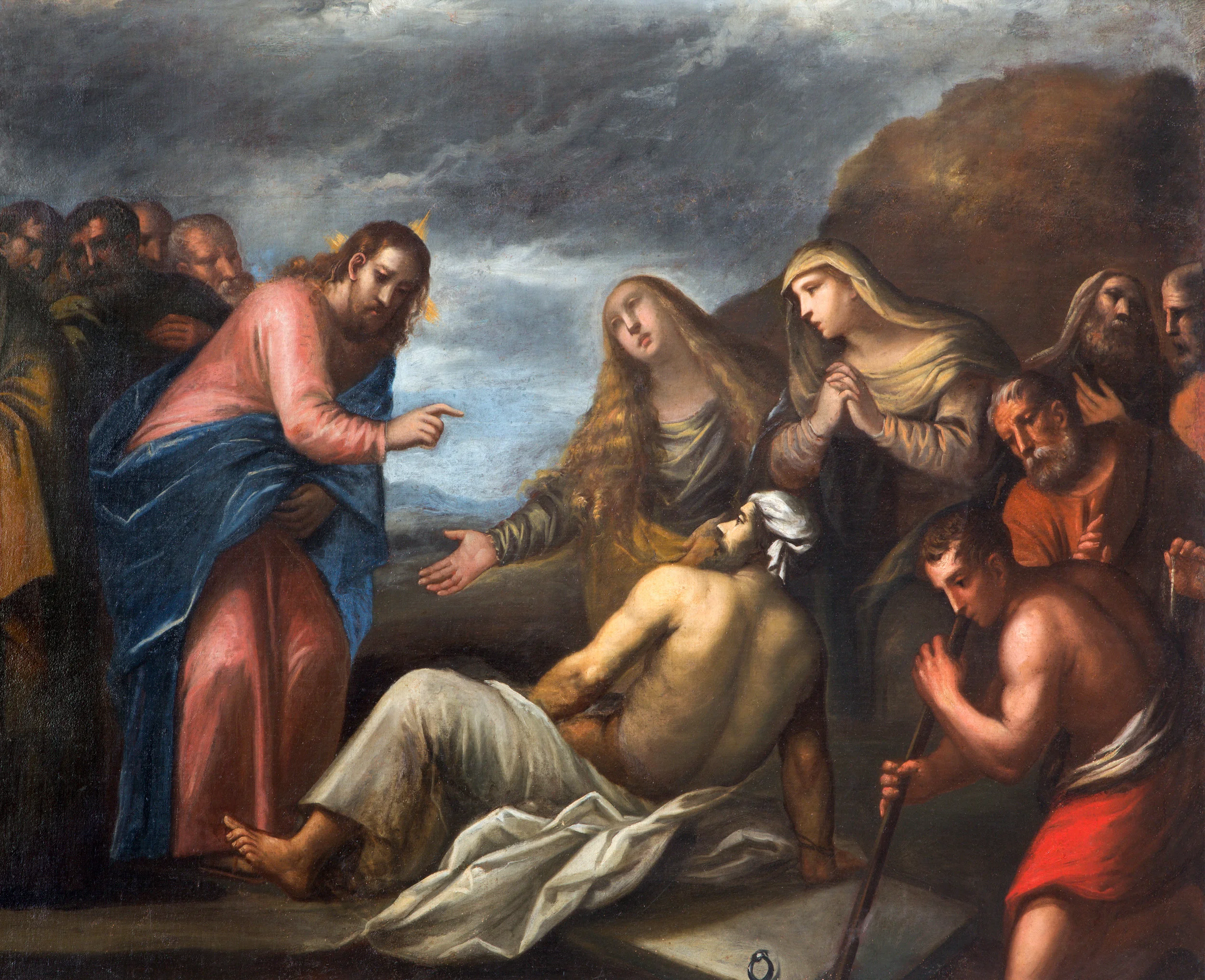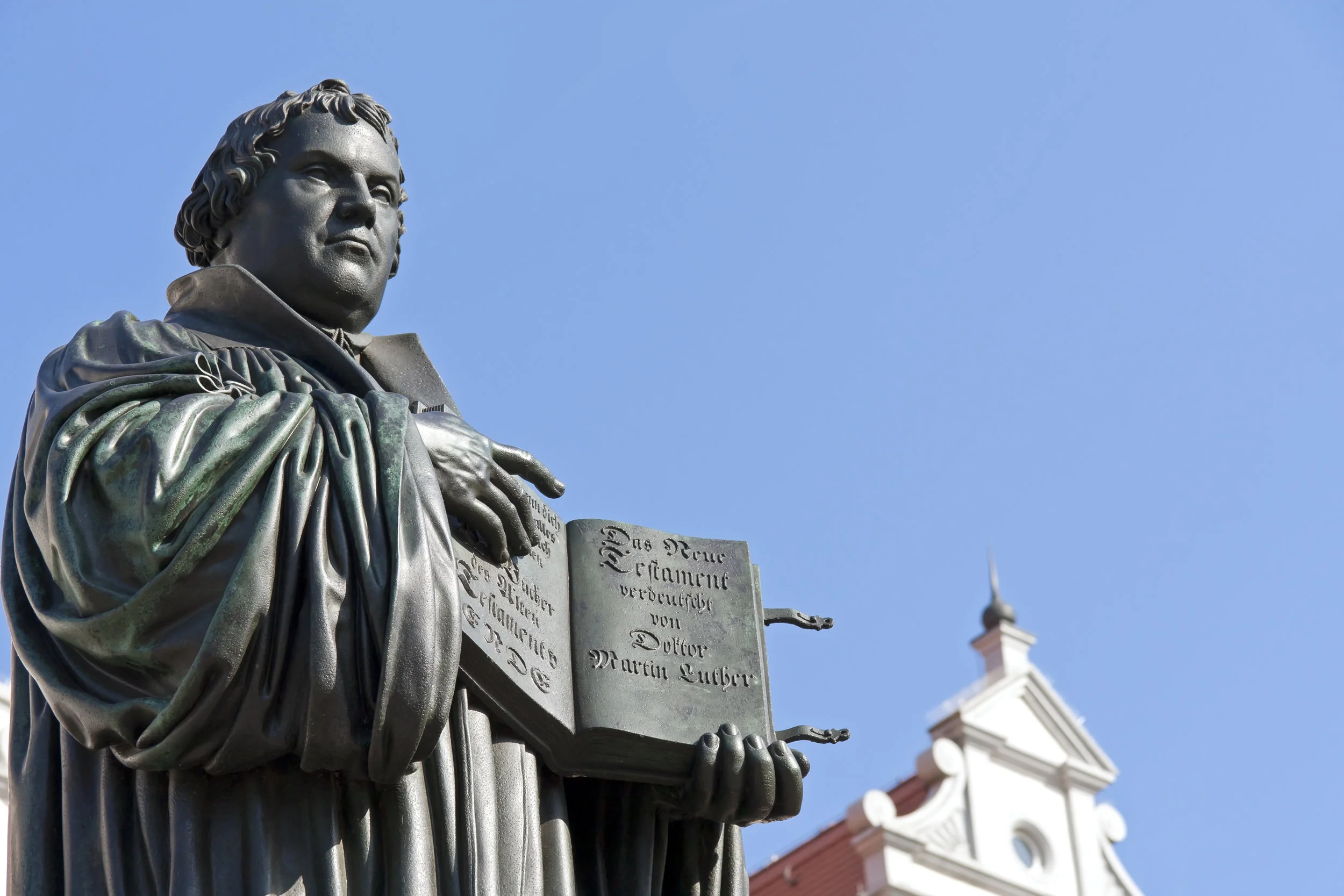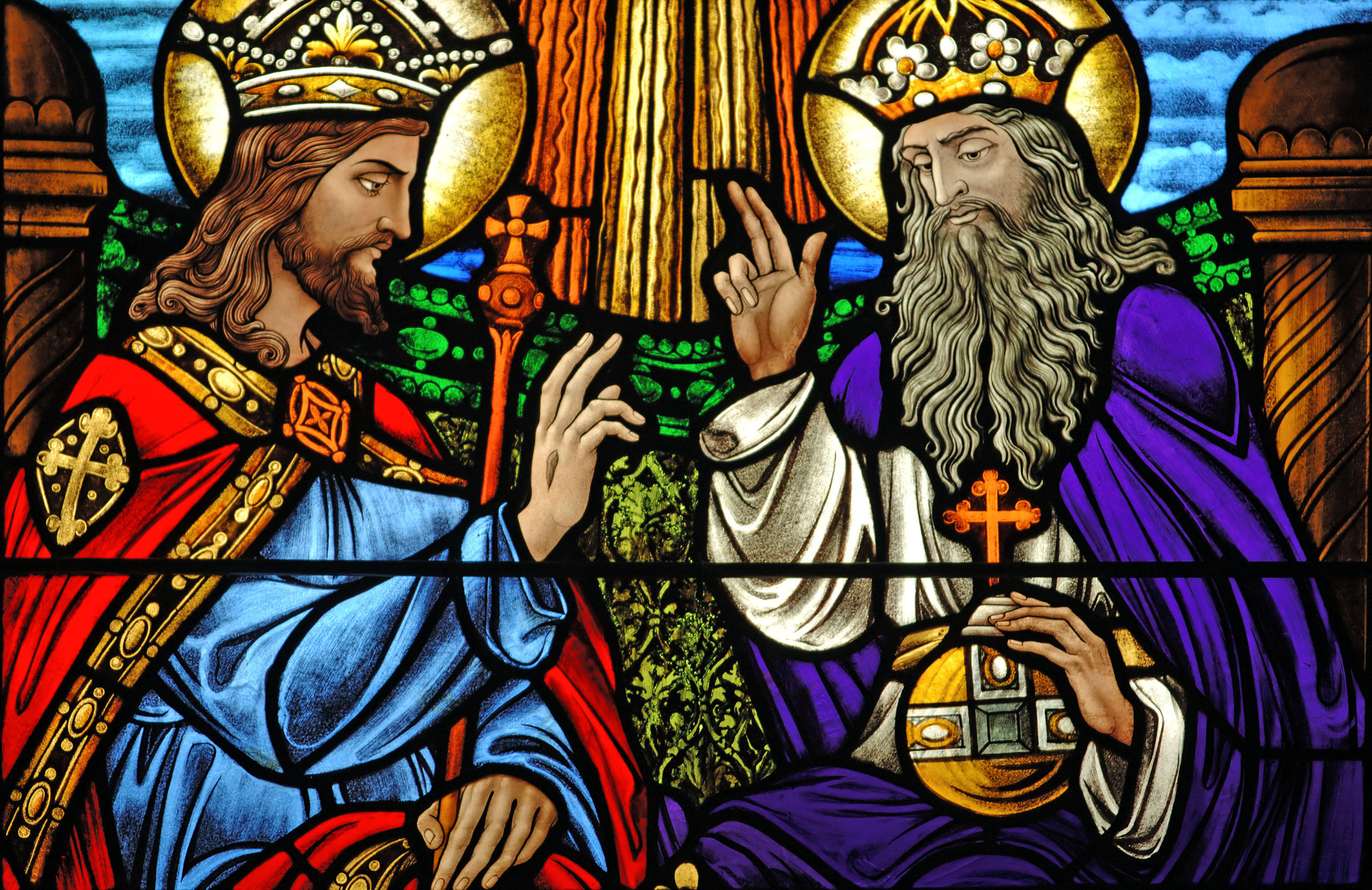On the bookcase in my office is taped a piece of six year old scratch paper with a quote from Renee the second year she served as treasurer of Grace. “We can never adequately plan for how good God is to us,” she said. That January, our revenue exceeded our expenses for the first time in such a long time that no one could remember the last time we had balanced the books at Grace. I recall the moment I skimmed the year-end financials just sent to us by our then-bookkeeper Louise. As one of the fiscally responsible agents of Grace Lutheran Church, I honestly open financial statements with a certain amount of dread. But my expectations were dashed when, at the bottom of the page, the number appeared not in a parenthesis meaning in the red, in the negative, but right there by itself indicating we were in the black. I got up from my desk and rushed to asked Stephanie sitting at her desk in the outer office: Is this right? I think we balanced the budget! This is actually a miracle!
Sermon: 1/3/19
Contrary to popular understanding, prophets of the Old Testament tell the truth, not the future, the truth. And they tell the truth not just according to them but the truth according to God. Being a prophet is a hard job because, generally, people are not fond of the truth according to God. And for that reason, prophets of the Old Testament try to get out of the prophet gig.
Sermon: January 27, 2019
Today, at the very start of his public ministry, Jesus declares his mission, declares his mission statement, if you will. And a very fitting mission statement it is from the 61st chapter of Isaiah: to bring good news to the poor, to proclaim release to the captives and recovery of sight to the blind, to let the oppressed go free, to proclaim the year of the Lord’s favor, that is, the year of Jubilee.
Sermon: January 20, 2019
We’ve probably all been there—anxious about how something for which we are responsible will turn out, anxious about being accepted, anxious about meeting the expectations of the people we love or the world at large. Whether we’re trying to succeed at our job, raise a child, be independent and make our own way in the world, take a test, be a good person, or even just throw a party, most of us know the feeling of apprehension, know the questioning: Will this be good enough? Am I good enough?
Sermon: January 13, 2019
On Sunday, December 10, 1978, I was 3 weeks old. My parents brought me to the font of baptism at Bethlehem Lutheran Church in the tiny, tiny town of Noonan, North Dakota. My dad was the pastor who, in true Lutheran fashion, sprinkled just a bit of water upon my head and proclaimed me baptized in the name of the Father and of the Son and of the Holy Spirit.
Sermon: 12/24/18
And what surprises me, what delights me, what brings me hope tonight is that, even though every single person in the ancient story of Jesus’ birth and every single one of us is steeped in violence and injustice, fear and hatred, the angels proclaim: Glory to God in the highest heaven and on earth, peace!
Sermon: 12/16/18
As we expectantly wait for Christmas, one persona dominates the church world, another persona our culture at large. These two prominent figures both speak of how we should act, what we should do—and the consequences if we do not. The persona of our culture at large? Who can we find everywhere at malls and on cards and sung about in songs during the month of December? Santa Claus.
How about the persona of the church world? Who is it who dominates our Advent stories? Right. John the Baptist.
Sermon: 12/2/2018
Imagine in your mind’s eye a group of runners, including yourself, spread along a solid white line on a track. You are ready. Ready to run. You breathe deeply, shake the tension out of your hands and arms, last-minute stretching. You press your toes against the starting line. You focus on the finish line for this short sprint. You decide to give it your all. Finally, the time comes. You set your left foot forward, your right foot back. You bend your knees. You wait impatiently for the familiar commands. On your mark! You bend down, listening. Get set! You’re just about to pick up your foot, to expend all your energy in pursuit of the finish line. Can you feel the tension, the anticipation, the energy of that moment? Like a chord unresolved, like the moment before the bride walks down the aisle, like those final pages of a mystery novel save one. That’s Advent.
Sermon: 11/25/18
Today in our gospel reading from John, Jesus stands on trial before Pilate. Pilate clearly doesn’t care who Jesus is, unless who he is happens to threaten the power of the Roman Empire. Pilate isn’t the one who brings Jesus into be tried; it’s the Jews who demand that Jesus be examined and punished. While Jesus never directly admits his identity as king, he does say: “My kingdom is not from this world… for this I came into the world, to testify to the truth. Everyone who belongs to the truth listens to my voice." Though not included in today’s passage, the next words out of Pilate’s mouth are “What is truth?”
Sermon: 11/18/18
Sermon: 11/11/18
Sermon: 11/4/18
Lord, if you had been here, my brother would not have died, Mary says.
Lord, if you had been here, 11 people from Tree of Life synagogue in Pittsburgh would not have been killed a week ago.
Lord, if you had been here, people from Honduras and Guatemala would not have had to flee their homes to escape persecution.
Lord, if you had been here, Matthew Shephard would not have been brutally murdered in October 1998.
Sermon: 10/28/18
In the early 1500s in Germany, the Roman Catholic priest and professor Martin Luther, after reading and studying scripture in its original languages, after countless hours of prayer, after searching his soul, protested the exploitation of the common people of Germany by the church. He called out for theological reform, for an end to the church’s abuse of power, for deeper study and reflection on scripture made accessible to the German peasants.
Sermon: 10/21/18
In 2011, I attended my first meeting of CORA, the Council of Religious Advisors, for the downtown ASU campus. A table full of pastors and campus ministers, and we all wanted college students to be part of our ministries, me included. We gazed expectantly at the ASU liaison assigned to us, the gatekeeper for things like tabling space and event space and student email lists. She didn’t fulfill our wishes.
Sermon: 9/30/18
Sermon: 9/16/18
The cross is an ubiquitous Christian symbol. We wear it around our necks and on our tee shirts. We hang the cross on the walls of our homes, over our rearview mirrors, and on our car bumpers. We create cross crafts at church events and purchase greeting cards with cross-themed art. The cross appears everywhere in churches: on steeples, in chancels, in paintings, on and above altars, on paraments, on hymnal covers, embroidered on stoles, outlined by our own hands after we dip our fingers in the water of the baptismal font. We deeply associate the cross with Christianity.
Sermon: 9/9/18
Sermon: 9/2/18
I had always imagined these passages where Jesus and the Pharisees spar as similar to what I imagine the WWF is. “And here comes Jesus, wise rabbi, God’s son, coolest kid in town. He’s so wise the Pharisees won’t know what hit them!” Screaming crowds, fancy outfits, and consummate professionals almost dancing through an exploration of God’s law, complete with swagger and showboating. Silly me.
Sermon: 8/26/18
It’s not your imagination. We really have been reading through John chapter six for the last six weeks, a passage in scripture dubbed The Bread of Life Discourse. In these six weeks, we have heard the story of the feeding of the 5,000 followed by four weeks of Jesus teaching: I am the bread of life. I am the living bread. Those who eat my flesh and drink my blood have eternal life, and I will raise them up on the last day. This final week, we hear the disciples, and they’re complaining. “This teaching is difficult; who can accept it?” Indeed, Jesus’ teaching is difficult. He teaches the people to eat his flesh and drink his blood. He teaches the people that he came down from heaven. He teaches the people that, if they eat of this bread and believe in him, they will never be hungry or thirsty again.












